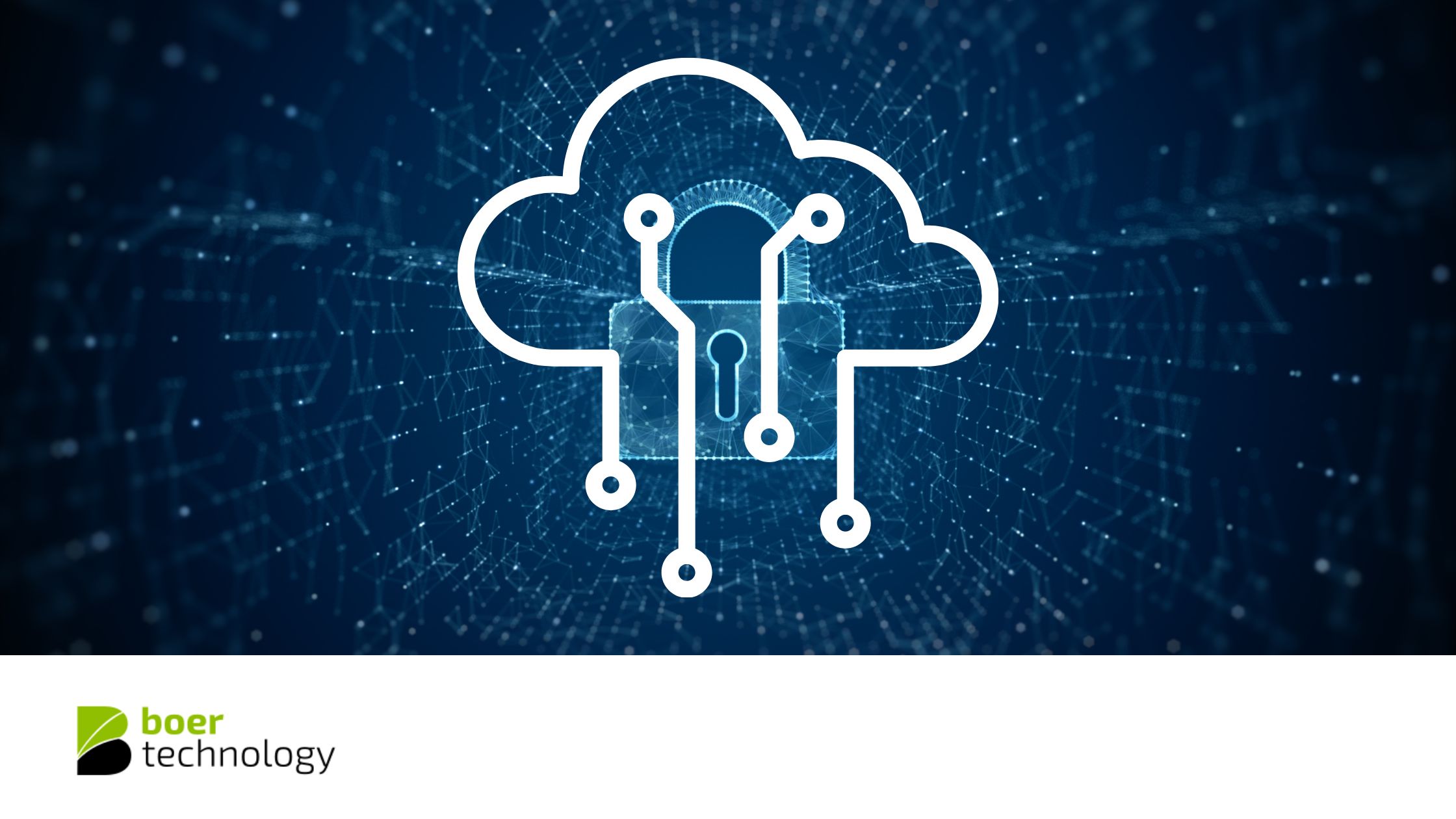In today's digital age, businesses are constantly searching for ways to manage their data more efficiently and securely. One term that often comes up in these discussions is “private cloud.” But what exactly is a private cloud, and why might a company choose it over other cloud solutions? Let’s dive in to understand this concept in a friendly, non-technical way.
Understanding the Basics of Cloud Computing
Before we explore what a private cloud is, it’s important to have a basic understanding of cloud computing. Simply put, cloud computing refers to the delivery of computing services—like storage, processing power, and software—over the internet. Instead of owning and maintaining physical servers and data centers, businesses can access these resources on demand, typically paying only for what they use. Cloud computing comes in various forms, primarily categorized into three models: public, private, and hybrid clouds.
So, What is Private Cloud?
A private cloud is a cloud computing model where the IT services are dedicated to a single organization. Unlike a public cloud, where resources are shared among multiple users or organizations, a private cloud offers a more exclusive environment, typically within the company’s own data center or through a third-party provider who ensures that the cloud infrastructure is used solely by one organization.
This exclusivity makes private cloud particularly appealing for businesses that prioritize data security, compliance, and control. For example, industries like finance, healthcare, and government, where sensitive information is handled, often prefer private clouds because they offer enhanced security measures that may not be available in public clouds.
Key Features of Private Cloud
- Enhanced Security and Privacy: Since the infrastructure is not shared with any other organization, private clouds offer a higher level of security. Companies can implement strict security protocols and customize them to meet their specific needs.
- Control and Customization: Private clouds allow businesses to have greater control over their IT environment. They can customize the infrastructure to support their unique requirements, whether it’s configuring specific applications or integrating with existing systems.
- Compliance: For organizations bound by strict regulatory requirements, private clouds provide the necessary environment to ensure compliance with data protection laws and industry standards.
- Performance: Because the resources in a private cloud are not shared, businesses often experience better performance and reliability. This is crucial for applications that require high availability and consistent performance.
Private Cloud vs. Public Cloud: What’s the Difference?
The main difference between a private cloud and a public cloud lies in the ownership and management of the resources. In a public cloud, the infrastructure is owned and operated by a third-party cloud service provider, and the resources are shared among multiple clients. This makes public clouds more cost-effective for smaller businesses or those with variable workloads that don’t require stringent security measures.
On the other hand, a private cloud is either managed by the organization itself or by a dedicated third-party provider, ensuring that all resources are allocated to a single entity. This model is often more expensive due to the costs associated with maintaining the infrastructure, but it offers unparalleled control, security, and customization.
When Should You Consider a Private Cloud?
Choosing between a private cloud and a public cloud depends largely on your organization’s specific needs. If your business deals with highly sensitive data, or if you operate in an industry with strict regulatory requirements, a private cloud might be the best fit. It’s also ideal for organizations that require a high degree of control over their IT environment or need consistent, high-performance computing resources.
However, it’s important to note that private clouds require a significant investment in terms of time, money, and expertise. Organizations must be prepared to manage and maintain the infrastructure or partner with a reliable third-party provider who can do so.
Conclusion
In summary, a private cloud offers businesses a dedicated, secure, and customizable cloud environment, ideal for those with specific compliance, security, or performance needs. While it may require a larger investment compared to a public cloud, the benefits in terms of control, security, and reliability often outweigh the costs for organizations that handle sensitive information. Whether you're a large enterprise or a mid-sized company, understanding "what is private cloud" and how it fits into your IT strategy is crucial for making informed decisions in today's cloud-driven world.



